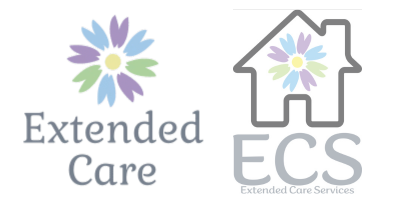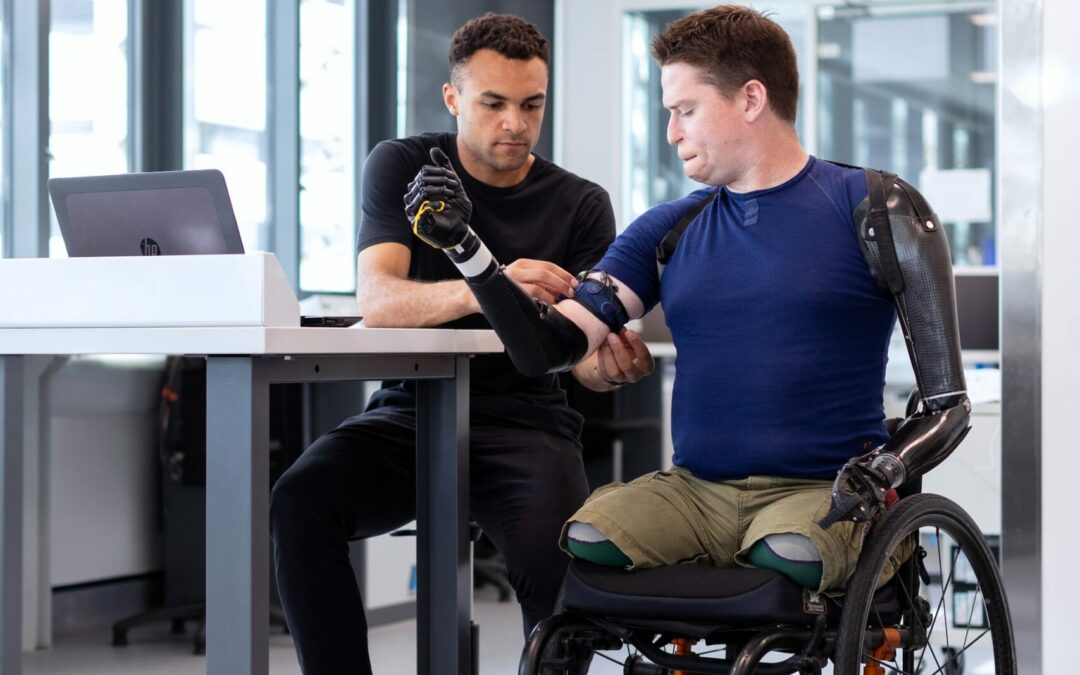Community-based day programs for adults with disabilities play a vital role in fostering independence, personal growth, and self-sufficiency. These programs offer a wide range of activities, services, and resources to empower participants and enable them to engage more fully in their communities. Extended Care, a Program Approved Service Agency (PASA), connects adults with disabilities to day programs, developing comprehensive plans that promote personal development and self-sufficiency.
By offering a variety of services, such as Supported Community Connections and Pre-Vocational Services, day programs cater to the unique needs and preferences of each participant. One of the key features of these programs is their community-based nature, which facilitates real-world experiences and skills development in authentic settings. This makes them an excellent resource for adults with disabilities, providing valuable support to achieve greater independence and flourish in their lives.
In this article, we will explore the benefits of day programs for adults with disabilities. We will discuss how these programs contribute to improved mental, emotional, social, and physical well-being, as well as increased self-sufficiency and personal growth. Additionally, we will outline how Extended Care plays an essential role in connecting clients with community-based day programs and personalized support, ensuring that participants reach their full potential and enjoy a higher quality of life.
Enhancing Mental and Emotional Well-being
Day programs for adults with disabilities significantly contribute to improved mental and emotional health. By providing opportunities for meaningful experiences, skill-building, and personal achievement, day programs help to boost self-esteem, confidence, and overall happiness. Additionally, participating in a structured program with a supportive, safe, and nurturing environment can lead to increased feelings of stability and security for adults with disabilities. Some essential components of day programs that support emotional and mental well-being include:
– Development of coping skills: Day programs often provide tailored services to help clients develop essential coping strategies to address life challenges and frustrations.
– Emotional support: Many day programs include dedicated staff trained to provide emotional support and cultivate positive, nurturing relationships with clients.
– Increase sense of purpose: Engaging in meaningful activities that promote personal growth and learning opportunities can give adults with disabilities a renewed sense of purpose.
Encouraging Socialization and Community Inclusion
Social interaction is a crucial aspect of emotional well-being and personal growth. Day programs for adults with disabilities promote socialization and relationship building by providing:
– Organized group activities: Participants can partake in various group activities, facilitating social connections and fostering friendships.
– Access to community events: Community-based programs often provide exposure to local events that encourage social interaction and involvement within the broader community.
– Volunteer opportunities: Volunteering enables adults with disabilities to give back to their community, building further connections and fostering a sense of belonging.
All of these experiences contribute to an inclusive community environment, enabling adults with disabilities to form lasting social connections and enjoy a higher quality of life.
Promoting Physical Health and Well-being
Physical activity is essential for overall health and well-being. Day programs for adults with disabilities often provide opportunities for exercise and physical engagement, which can contribute to improved physical health. Some of these opportunities may include:
– Adaptive sports: Day programs may offer adaptive sports opportunities to accommodate various ability levels, promoting physical health and improved self-esteem through participation.
– Exercise classes: Many day programs include exercise classes and physical activities facilitated by trained professionals to support good health in a safe, engaging environment.
– Outdoor activities: Community-based programs often incorporate outdoor activities such as nature walks, gardening, or picnics, encouraging clients to enjoy fresh air and explore their natural surroundings.
Participation in physical activities can greatly improve overall health, mental well-being and contribute to a more active lifestyle for adults with disabilities.
Cultivating Self-Sufficiency and Personal Growth
One of the primary goals of day programs for adults with disabilities is to promote self-sufficiency and personal growth. By focusing on skill development and independence, day programs can significantly impact clients’ personal progress and empower them to lead more self-sufficient lives. These programs often include:
– Pre-vocational services: Many day programs include pre-vocational services, guiding clients in developing job skills, work etiquette, and other essential employment abilities.
– Supported Community Connections: Programs that emphasize community integration provide clients with opportunities to practice and gain confidence in essential life skills, including communication, travel, safety, and problem-solving.
– Individualized goal setting: By helping clients set and achieve personal goals, day programs provide a structured approach to growth and development, facilitating increased self-esteem and a sense of accomplishment.
These essential elements within day programs enable adults with disabilities to cultivate valuable life skills and experience personal growth, promoting greater independence and self-sufficiency.
Extended Care: Supporting Day Program Success
Extended Care is crucial in connecting adults with disabilities to appropriate community-based day programs, ensuring personalized support for optimal success. As a Program Approved Service Agency (PASA), Extended Care Services thoroughly assesses each client’s needs and preferences before connecting them with suitable programs.
Through services like Supported Community Connections and Pre-Vocational Services, Extended Care actively supports clients as they participate in day programs, ensuring that clients receive the necessary resources, guidance, and support to achieve personal growth and independence.
Conclusion
Community-based day programs for adults with disabilities provide significant benefits, promoting mental and emotional well-being, increased socialization and community inclusion, improved physical health, and self-sufficiency. Extended Care connects adults with disabilities to these essential programs, providing personalized support and resources for continued success. By prioritizing the unique needs of each client and working collaboratively, day programs and Extended care services can significantly enhance the lives of adults with disabilities, empowering them to grow, thrive, and achieve their dreams.

